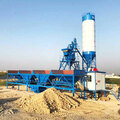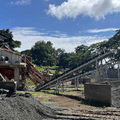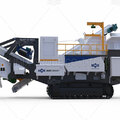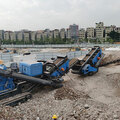Rock crushers are powerful machines designed to break down large rocks into smaller, more manageable pieces. They play a crucial role in both mining and construction industries, where the processing of rocks and minerals is essential for various applications. Let's explore how rock crushers are utilized in these sectors and the significance of their role.
Mining Operations: Extracting Valuable Resources
In mining operations, rock crushers are integral to the extraction of valuable minerals and ores from the earth's crust. These ore crushers for sale are employed in various stages of the mining process, including exploration, drilling, blasting, and primary crushing. Their primary function is to break down large rocks and ore into smaller fragments, which can then be processed further to extract the desired minerals.
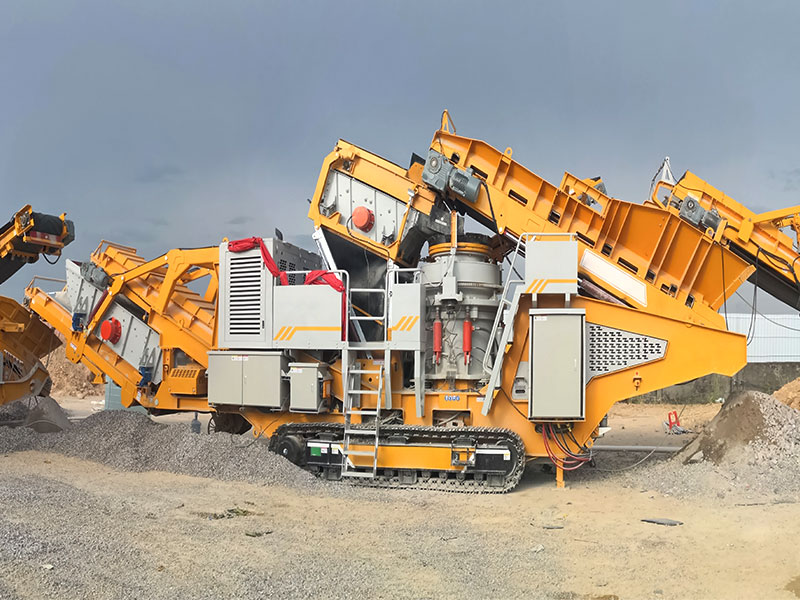
1. Exploration and Prospecting:
During the exploration phase, rock crushers are used to assess the geological composition of potential mining sites. Portable crushers enable geologists and mining engineers to sample and analyze rock formations to determine the presence and concentration of valuable minerals.
2. Primary Crushing:
Once a viable mining site is identified, primary crushers are deployed to break down the extracted rocks and ores into smaller pieces. Jaw crushers, gyratory crushers, and impact crushers are commonly used in primary crushing operations to reduce the size of the material for subsequent processing.
3. Ore Processing:
After primary crushing, the crushed rocks and ores undergo further processing, including grinding, milling, and beneficiation, to extract the desired minerals. Secondary and tertiary crushers may be utilized to further reduce the size of the material before it undergoes additional processing.
Construction Projects: Building the Infrastructure
In the construction industry, rock crushers are essential for processing raw materials used in building roads, bridges, dams, and other infrastructure projects. These portable rock crushers for sale play a vital role in transforming large rocks and aggregates into smaller, uniform-sized particles suitable for construction purposes.
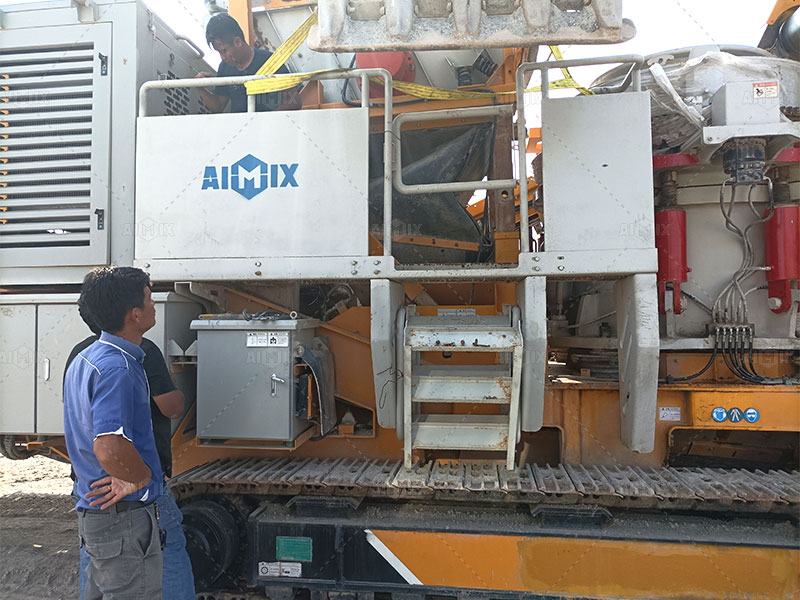
1. Aggregate Production:
Rock crushers are used extensively in aggregate production, where they crush and process various types of rocks, including limestone, granite, and gravel, to produce aggregates of different sizes and shapes. These aggregates serve as the foundation for constructing roads, buildings, and other structures.
2. Road Construction:
Crushed rocks and aggregates produced by rock crushers are indispensable in road construction projects. They are used as base materials for road beds, sub-base layers, and pavement surfaces, providing stability, durability, and load-bearing capacity to the road infrastructure.
3. Building Materials:
In addition to road construction, rock crushers are employed in the production of building materials such as concrete, asphalt, and cement. Crushed rocks and aggregates are key components in the manufacturing of these materials, which are used in constructing buildings, bridges, and other architectural structures.
Conclusion
In conclusion, rock crushers are versatile machines with diverse applications in both mining and construction industries. From extracting valuable minerals in mining operations to producing aggregates for infrastructure projects, these crushers play a pivotal role in the processing of rocks and minerals. Their ability to break down large rocks into smaller, more manageable pieces is instrumental in meeting the demands of various applications, contributing to the development of critical infrastructure and driving economic growth worldwide. As technology continues to advance, the efficiency and capabilities of rock crushers are expected to improve, further enhancing their role in shaping the future of mining and construction industries.


